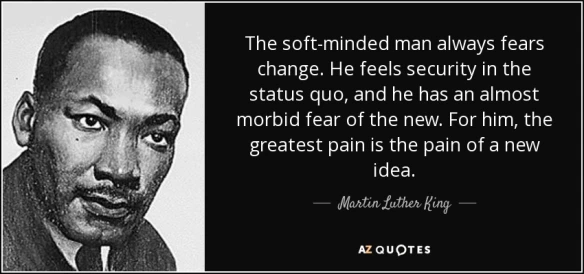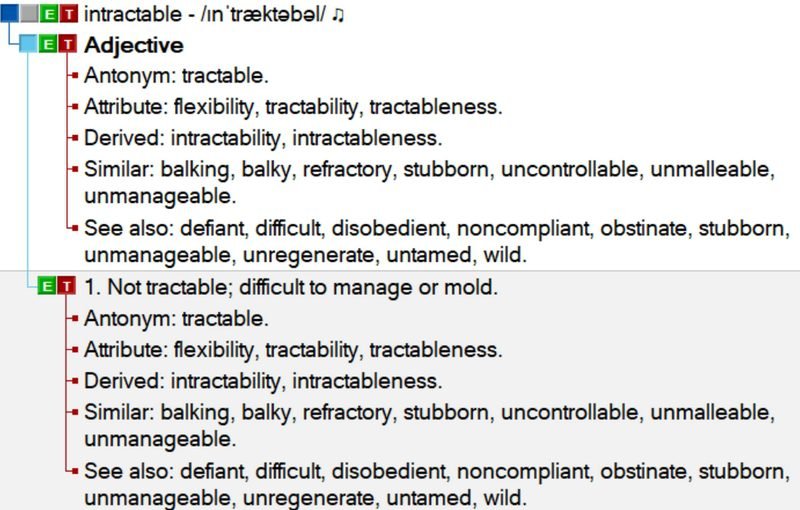
Recently, an Evangelical (IFB?) man named Nate Beck stumbled upon this site and left the following comment:
I agree with some of the criticisms of the fat preacher Corle. However, I balk at the whole rejecting Christ reason for this website. I doubt people who claim they once believed in Christ ever truly believed in Him at all. It truly takes a real loser to reject Jesus Christ, in my opinion. Just sad.
In 2022, I wrote a post detailing my experiences with Independent Fundamentalist Baptist (IFB) evangelist Dennis Corle. Beck agreed with some of my criticism of Corle — calling him “fat.” Yes, Corle is obese — as are many Baptist preachers — but what his weight has to do with anything is unknown.
Beck takes issue with the “whole rejecting Christ reason for this website.” Hmm . . . is rejecting Jesus really the reason for this site? Is my goal to lead as many people as possible away from Christianity? The short answer is NO. Hardcore atheists often accuse me of being too friendly towards religion in general, and Christianity in particular. I have been accused of being a “secret Christian.” Hardcore Christian Fundamentalists, on the other hand, say that I never was a Christian; that I am lying about my past and my love and devotion for Jesus. Both parties refuse to let me speak for myself, building a strawman Bruce Gerencser, and burning him to the ground. Left standing, of course, is the real Bruce Gerencser — a man very different from the one who is portrayed by his critics. (I am open to and even encourage honest, thoughtful debate and criticism, but when atheist and Christian zealots alike refuse to accept my story at face value, I know that their presuppositions keep them from seeing me as I am.)
I am not an anti-theist, nor am I anti-Jesus. Anyone who reads my post Why I Hate Jesus knows I object to the Western Jesus; to the Evangelical Jesus; to the IFB Jesus; to the culture war Jesus. In my mind, Fundamentalism is the problem, and that is true in every arena of thought and life. While I do not think the central claims of Christianity are true and cannot be rationally sustained, I have no axe to grind with Christians, in general. My focus is on Evangelical Christianity and the harm it causes not only to our society, but to individual people — not only psychological harm, but physical harm too. I make no apology for desiring the death of Evangelical Christianity. Evangelicalism impedes social progress, harms families, and retards intellectual maturity. Think I am being too harsh? Millions of Americans — including people in political power — believe the Bible is inerrant and infallible; that the universe is 6,025 years old; that God created the world in six literal 24 hours a day; that every miracle recorded in the Bible is factually true. Is this not an example of impeded intellectual growth — be it from a lack of knowledge or because of Fundamentalist conditioning and indoctrination?
Beck says I am a real “loser.” Evidently, if you don’t believe in Beck’s peculiar version of Jesus and Christianity, you are a loser. That means that 7+ billion people on planet Earth are “losers.” Of course, those of us raised in Fundamentalist sects and churches know this thinking well. Only our little band of followers of Jesus are “True Christians.” All others are lost, doomed, and damned.
Beck’s answer to my story is that I never was a real Christian; that I spent the first fifty years of life living a lie; that when I share my story with others, I am lying. Of course, Beck has no evidence for his claim. Anyone who takes an honest look at my life will conclude that I was a committed, devoted, sold-out follower of Jesus. Not perfect, to be sure, but the bent of my life was towards holiness. Instead of taking my story at face value, Beck is forced to disparage me because he can’t square my life with his peculiar theology. That is his problem, not mine.
Why do so many Evangelicals have such a hard time accepting that some people once were saved and now they are lost; that some people, after carefully examining the claims of Christianity decided that they were false? Married couples divorce all the time. The reasons are many, but one reason often given is “irreconcilable differences.” Does that not best describe why many of us deconverted? We simply could no longer reconcile the differences between what we were told and taught and what we eventually learned was actually the truth. For me, the question is not the existence of God. I rarely engage in such debates. Quite frankly, I find them boring and uninteresting, if for no other reason than that such arguments cannot prove that the God of their arguments is the God of the Bible. I have yet to have someone argue successfully for the existence of a particular Christian deity — and there are many.
Beck “needs” Jesus, I don’t. I have all I need with my partner of almost 46 years, our six grown children and their significant others, our sixteen grandchildren, and our three cats — Joe Meower, Socks, and Petey. We are close to our family — never does a week go by when we don’t see some of them. My family is all I need. I find no value in worshipping a dead man. I do find value in some of his teachings, but I don’t worship the man. I find value in Marcus Aurelius’ writings too, but I don’t worship him. How silly would that be, right? The only God I worship is Polly. I have watched her work countless miracles with $25 for a week’s worth of groceries. I have watched her selflessly raise six children, never bitching or complaining about doing without. She is God, in my book.
Bruce Gerencser, 68, lives in rural Northwest Ohio with his wife of 47 years. He and his wife have six grown children and sixteen grandchildren. Bruce pastored Evangelical churches for twenty-five years in Ohio, Texas, and Michigan. Bruce left the ministry in 2005, and in 2008 he left Christianity. Bruce is now a humanist and an atheist.
Your comments are welcome and appreciated. All first-time comments are moderated. Please read the commenting rules before commenting.
You can email Bruce via the Contact Form.







